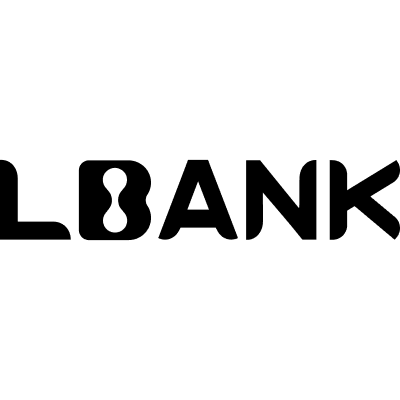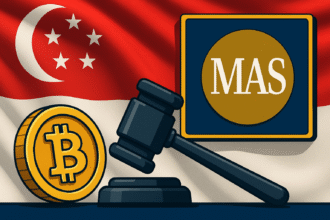– Ad –
| Getting your Trinity Audio player ready... |
On May 30, 2025, Thailand’s Securities and Exchange Commission (SEC) made a significant move in the crypto space by announcing that five major cryptocurrency exchanges—Bybit, OKX, 1000X, CoinEx, and XT.com—will be banned starting June 28, 2025. This move is part of a broader effort to regulate the digital asset space, curb money laundering, and protect investors from the risks of unlicensed platforms.
Why Is Thailand Banning These Crypto Exchanges?
The Thai SEC has been tightening its grip on the crypto industry to ensure compliance with the Digital Asset Business Act B.E. 2561 (2018). The targeted exchanges were found operating without proper licenses, violating local regulations. The SEC aims to shield retail11 against money laundering and fraud, with the regulator emphasizing that unlicensed platforms pose significant risks to retail investors. To enforce the ban, the SEC has collaborated with the Economic Crime Suppression Division (ECD) and the Ministry of Digital Economy and Society to block access to these platforms starting June 28.
What Does This Mean for Investors?
For users of Bybit, OKX, CoinEx, 1000X, and XT.com in Thailand, the clock is ticking. The SEC has urged investors to withdraw their assets before the deadline and switch to licensed platforms to ensure legal protection. This crackdown highlights Thailand’s commitment to creating a safer and more transparent digital asset market, following earlier warnings in April 2024 about unlicensed operators.
Here’s the official announcement shared by SmartViewAI on X:
The Bigger Picture: Thailand’s Crypto Regulation Journey
Thailand has been working to balance innovation and investor safety in its digital asset ecosystem. The country has introduced measures like tax exemptions for investment token transfers to encourage growth while cracking down on non-compliant entities. This isn’t the first time the SEC has taken action—Binance faced a criminal complaint in 2021 for similar reasons. The latest ban reflects a global trend of stricter crypto regulations, as seen with the EU’s MiCA framework, aiming to harmonize rules for digital assets.
Also Read: Thailand’s Crypto Revolution: Tourists to Spend Digital Cash with Credit Cards
What’s Next for the Affected Exchanges?
OKX has responded, stating its commitment to regulatory compliance and collaboration with authorities to combat illicit activities. Meanwhile, Bybit recently secured a MiCA license in Austria, showing efforts to align with regulations elsewhere. However, in Thailand, these exchanges face a tough road ahead as the SEC’s enforcement actions intensify.
Conclusion
Thailand’s crypto crackdown is a wake-up call for the industry, signaling that regulators are serious about enforcing compliance. For investors, the message is clear: stick to licensed platforms or risk losing access to your funds. As the June 28 deadline approaches, the crypto community in Thailand is bracing for significant changes.
FAQs
What is prompting Thailand to ban Bybit, OKX, and other cryptocurrency exchanges?
Thailand’s SEC is banning these exchanges because they are operating without licenses, violating the Digital Asset Business Act, and posing risks like money laundering and fraud to investors.
What should investors in Thailand do before June 28, 2025?
Investors should withdraw their assets from Bybit, OKX, 1000X, CoinEx, and XT.com and move to licensed platforms to ensure legal protection.
Are all crypto exchanges banned in Thailand?
Only unlicensed platforms such as Bybit, OKX, 1000X, CoinEx, and XT.com are facing the ban. Licensed platforms can continue operating.
How will Thailand enforce this ban?
The SEC is working with the Ministry of Digital Economy and Society to block access to these platforms and has filed charges with the Economic Crime Suppression Division.

















